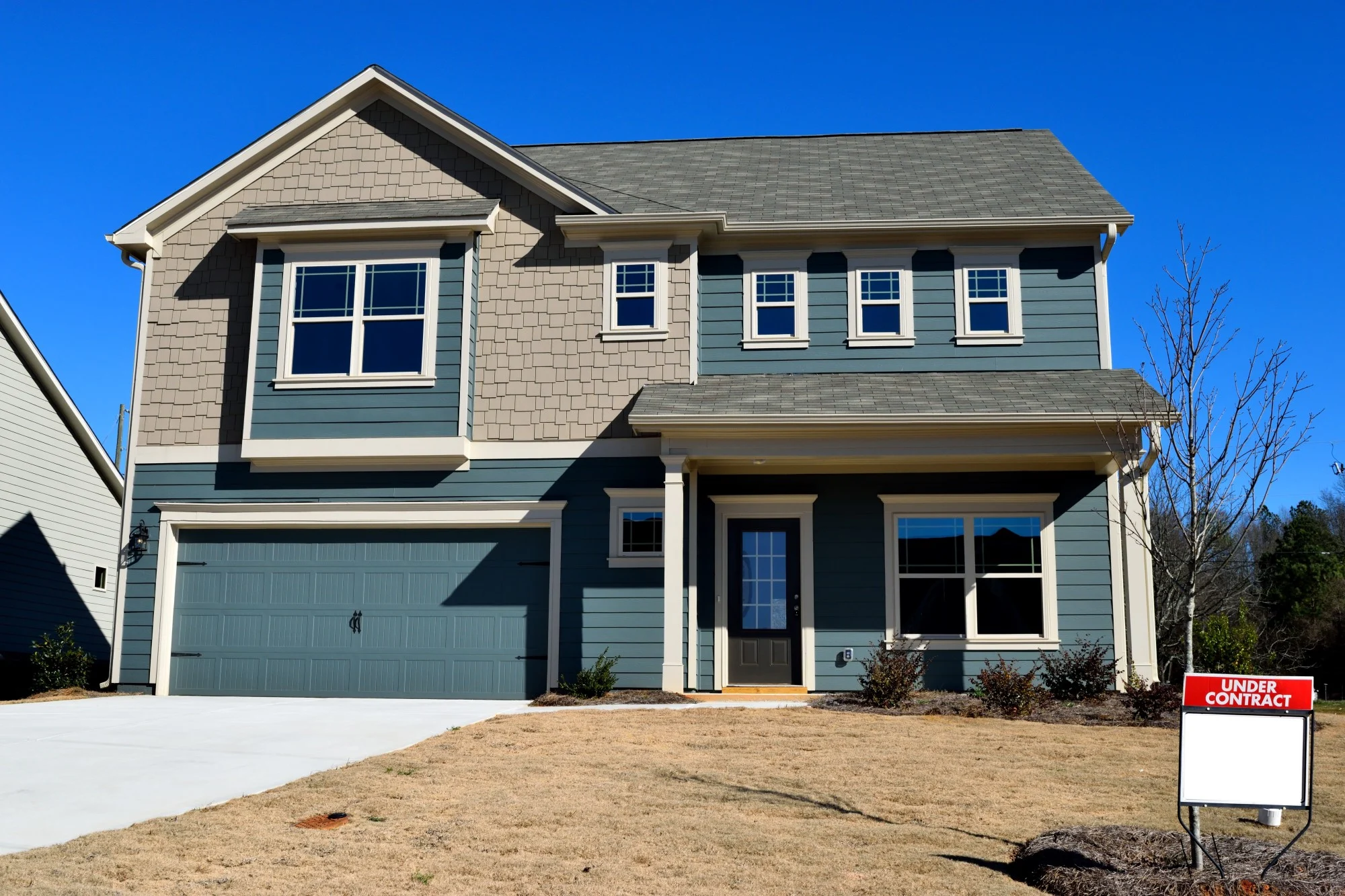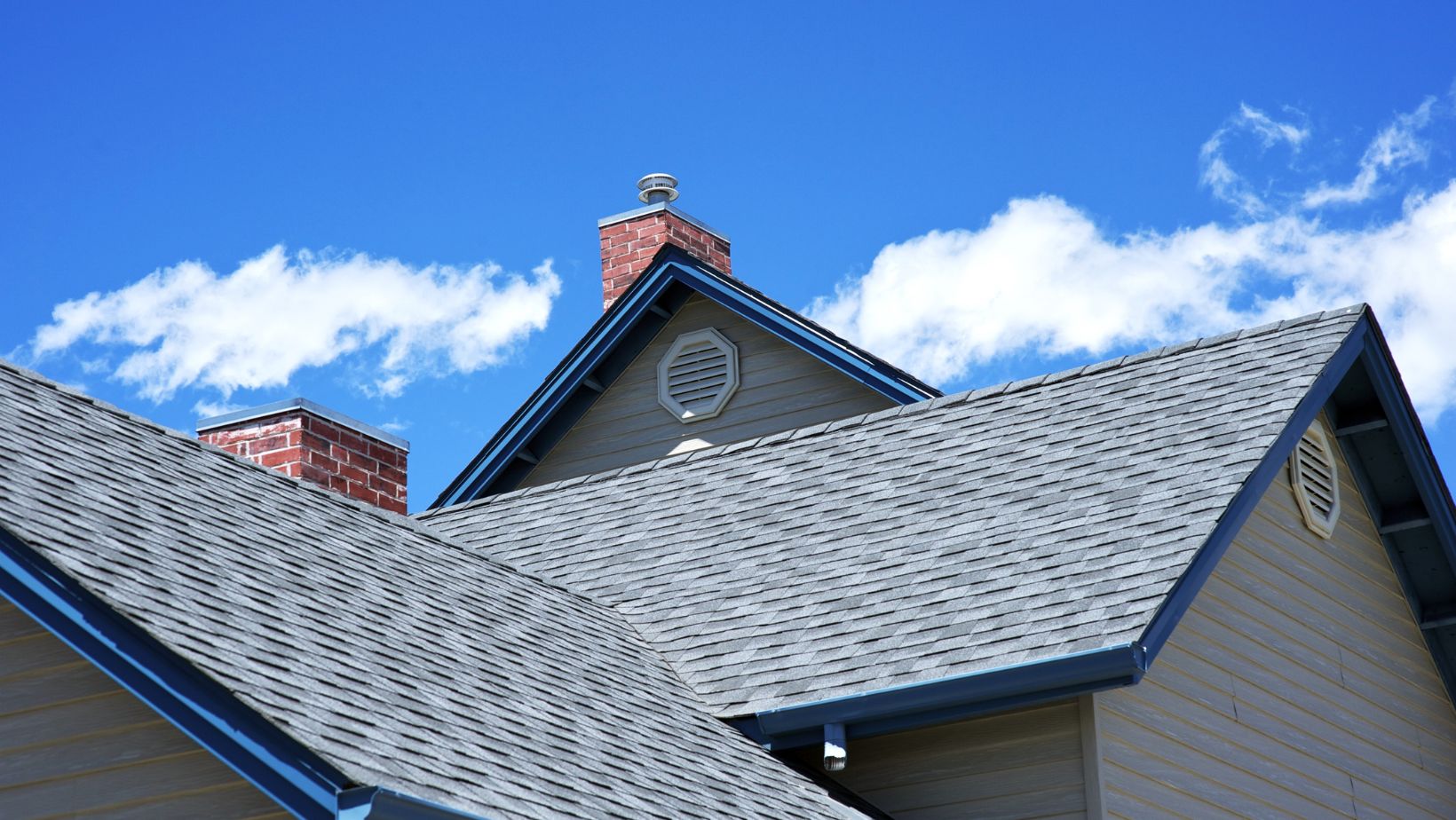When your roof shows signs of damage or wear, one of the most important decisions you’ll need to make is whether to repair the roof or opt for a full replacement. Both options have their pros and cons, and the choice depends on several factors, including the extent of the damage, the age of the roof, and your budget. Deciding between a roof repair or a complete roof replacement can feel overwhelming, but with the right information, you can make an informed decision that protects your home and your investment.
When to Choose Roof Repair
In many cases, roof repair is a more cost-effective solution, especially if the damage is minor or isolated to a specific area. Here are the main scenarios when roof repair is likely the best option:
Minor Damage or Leaks
If your roof is relatively new or in good overall condition, a repair can be a practical solution. Minor issues such as small leaks, missing shingles, or localized damage caused by wind or debris can often be fixed without needing to replace the entire roof. For example, if a storm has blown off a few shingles, replacing those damaged shingles can restore your roof’s integrity at a fraction of the cost of a replacement.
Additionally, roof leaks caused by issues like flashing or gutter problems can usually be resolved with simple repairs. In these cases, whether you need to find Knoxville roof repair services, or you need them anywhere else, just look online. That way, you can extend the life of your roof without the expense of a full replacement.
The Roof Is Relatively New
Most roofs are built to last anywhere from 20 to 30 years, depending on the material. If your roof is less than 10 or 15 years old, repairing it is often the better option. Investing in repairs for a newer roof can save you money and allow you to get more life out of the existing structure before considering a full replacement down the line.

A professional roofer can inspect your roof and provide advice on whether the damage can be effectively repaired or if it indicates more extensive problems that could require replacement in the future.
Budget Considerations
Roof repairs are typically much less expensive than a full replacement, making them the preferred choice for homeowners on a budget. Depending on the nature of the damage, repairs may only cost a few hundred dollars, while a full roof replacement could run into the thousands.
If your roof is in otherwise good condition and the damage is limited, opting for a repair can save you a significant amount of money in the short term, while still addressing the issues that need attention.
When to Consider Roof Replacement
While roof repairs can be a quick fix, there are times when a full replacement is the more practical, long-term solution. In certain situations, continuing to repair an aging or extensively damaged roof can end up costing more in the long run. Here’s when it’s better to replace your roof:
Extensive or Widespread Damage
If the damage to your roof is widespread—such as multiple leaks, missing shingles across large sections, or severe structural damage—repairs may only serve as a temporary solution. Extensive damage typically indicates that the roof’s overall integrity has been compromised, making replacement the safer and more reliable option.
Additionally, issues such as sagging or soft spots in the roof could be a sign of structural damage caused by moisture or rot, which a simple repair cannot address. In these cases, a roof replacement may be necessary to ensure the safety and durability of your home.
The Roof Is Nearing the End of Its Lifespan
If your roof is approaching the end of its expected lifespan, repairing it may not be cost-effective. Asphalt shingles, for example, last about 20 to 30 years, while metal roofs can last longer. If your roof is more than 15 or 20 years old, repairs could be a short-term fix that delays the inevitable need for a full replacement.

Replacing an old roof before it fails completely can save you from dealing with more severe and costly issues down the road, such as water damage or mold caused by prolonged leaks. In these situations, a roof replacement is often the smarter financial decision in the long term.
Increased Energy Efficiency
Older roofs tend to lose energy efficiency over time, especially if they are damaged or poorly insulated. A roof replacement can significantly improve your home’s insulation and energy efficiency, helping you reduce heating and cooling costs. Many modern roofing materials are designed to be more energy-efficient, reflecting heat in the summer and keeping warmth inside during the winter.
Investing in a new roof may lead to long-term savings on energy bills, making it a worthwhile investment beyond just addressing immediate damage or wear.
When deciding whether to repair or replace your roof, the choice comes down to the extent of the damage, the age of your roof, and your budget. In some cases, a roof repair can efficiently address minor issues and prolong the life of your roof. However, if your roof has extensive damage or is nearing the end of its lifespan, a full replacement may be the better long-term solution. Consulting with a professional roofing contractor can help you make the best decision for your home and your wallet, ensuring that your roof provides the protection and durability your family needs.


More Stories
Why You Should Invest In Professional Scaffolding Services?
Maximizing Space and Functionality: The Ultimate Guide to Garage Building
The Importance of Quality Siding in MA